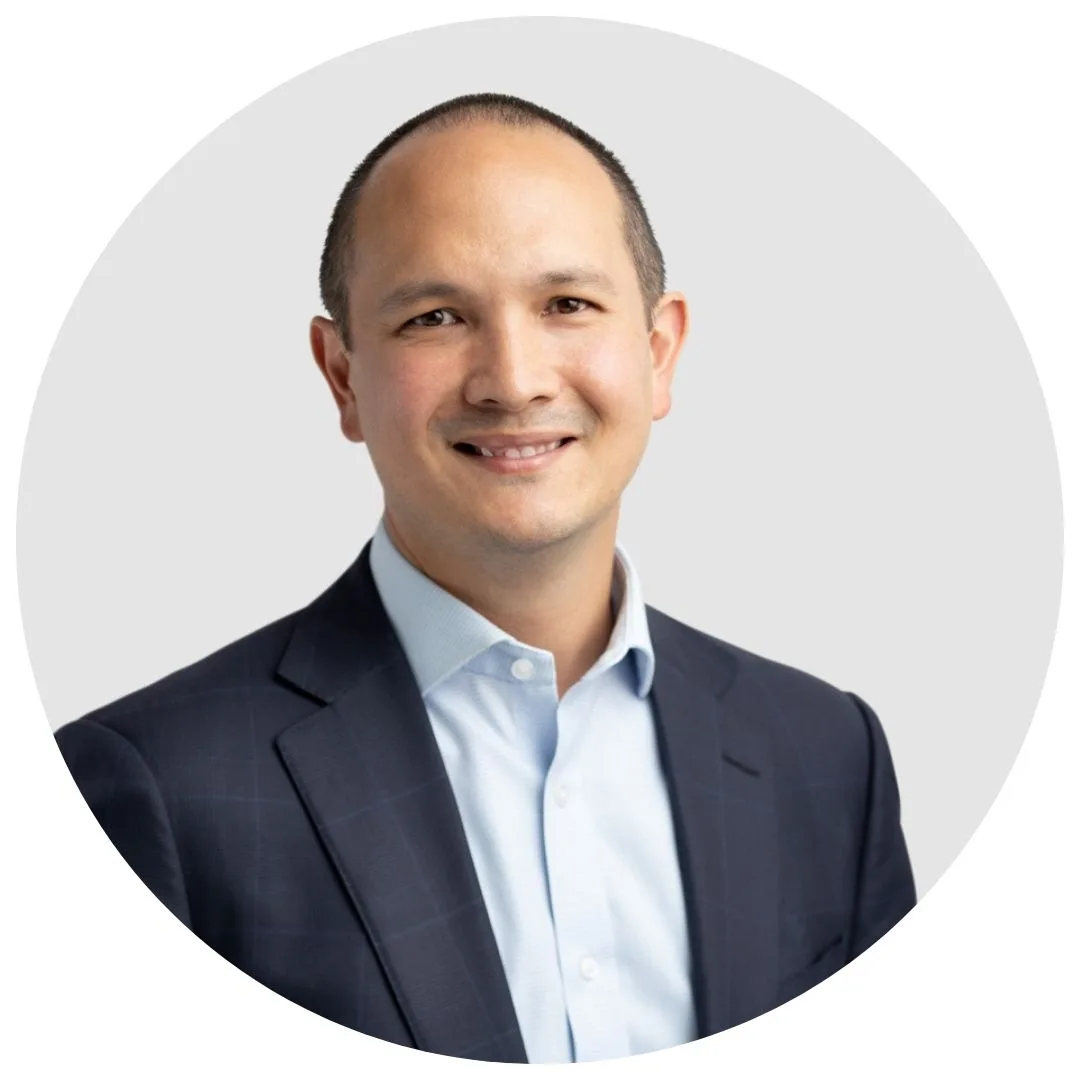Key takeaways
- Each insurer will have its rules about which pre-existing conditions it will and won't cover for income protection.
- You might have to pay a higher premium to get income protection.
- Your policy might exclude your pre-existing conditions, or there may be a period of time that needs to pass before you make a claim for that condition. It shouldn't stop you from getting cover all together though.
What is a pre-existing medical condition?
A pre-existing medical condition is a health issue you knew about before kicking off or renewing your insurance. It generally refers to things you've been diagnosed with, whether it's something you're currently managing or an older condition that's been treated in the past.
Let's take a look at a few common pre-existing conditions that insurers will consider when you apply for income protection:
- Cancer
- Diabetes type I and II
- Epilepsy
- Heart-related conditions
- High blood pressure
- Hepatitis
- Mental illness
- Sleep apnoea
- Asthma
- Anxiety
It's important to understand that the pre-existing conditions covered for income protection can always vary between providers. Each insurer has its own definitions of various conditions and a list of what is covered in its product disclosure statement (PDS). For example, Medibank says an acute stroke is only counted if the impairment lasts longer than 24 hours and doesn't involve the retina.
Be sure to read your insurer's PDS to have a clearer picture of what you are and aren't covered for.
How does income protection cover pre-existing conditions?
When you apply for income protection with a pre-existing condition, insurers will usually have a few requirements to be approved and make a claim.
Typically you'll have to answer a range of questions about your health, such as when you were diagnosed, your current lifestyle habits, and whether you have any family history. Some insurers like Noble Oak may also ask you to provide medical records or undergo a medical examination.
Depending on your answers, it can affect your policy in the following ways:
- Coverage with specific exclusions for your conditions. This means if you make a claim because you're unable to work due to your pre-existing conditions, you might not qualify for the benefits.
- Coverage with waiting periods on your condition. Your policy might have a waiting period to cover pre-existing conditions. During this time, which can differ between policies, you won't be able to claim benefits for those conditions. Once the waiting period is over, your coverage for pre-existing conditions kicks in.
- Cover with higher premiums. Known as loading, these are extra fees insurers will put on your premium to cover the higher risk associated with a pre-existing condition. These can be quite high and can make your cover a lot more expensive.
What isn't classified as a pre-existing condition?
There are a few conditions that most insurers don't classify as pre-existing conditions, which include:
- Minor colds and flu
- Seasonal allergies
- Fully healed injuries, like broken bones
- Minor surgeries like wisdom teeth surgery
- Routine pregnancies
- Temporary skin issues, like mild eczema or acne
When you're choosing between income protection options, it's always good to check the policy details or talk directly with providers, so you know what information you do and don't need to disclose.
Do I need to disclose the details of my pre-existing medical condition or health issue?
Yes. It's essential to be upfront and honest with your provider about any pre-existing condition so that your income protection policy is tailored specifically to your needs.
If you withhold information, your insurer will have the right to deny any claim that comes as a result of your condition and refuse to provide you with cover.

"There are many things that could knock you out of the workplace for a time, so insurance companies will be very cautious to offer income protection insurance to anyone with a difficult medical background.
If you could imagine the types of things that would stop you from working for 6-12 months – a car accident, a fall on the sports field, chronic fatigue, glandular fever, long COVID, the list goes on. This is especially difficult for those that have a history of mental health issues – even minor.
The silver lining with income protection and pre-existing medical conditions is that the insurer is more likely to exclude a medical condition rather than flat out refuse to insure you. This means while you're not covered for your particular ailment, you're still covered for all other events and illnesses."
How to apply for income protection insurance with an existing condition
You have a few options to apply for income protection with a pre-existing condition, these include:
- Apply like normal and disclose your condition: You won't be guaranteed cover, and it will be up to the individual insurer if they approve your application. To account for the added risk, some insurers might increase your premium or exclude your condition from the policy.
- Opt for a policy that covers the condition after a waiting period: It can help your chances of being covered if your condition is already included in an insurer's income protection policy. However, most providers will still ask for your medical records or for you to complete a medical examination. It's also not a guarantee, and if your condition is severe there's a chance you can be refused cover. However, insurers are more likely to exclude a medical condition from your policy than refuse you from cover outright.
- Seek advice from a financial advisor or insurance broker: This can really help you get a sense of your coverage needs and understand the options out there. If you heavily rely on your ability to work or have a tricky health condition, having professional advice on the matter can be a big plus.
No matter how you choose to apply for income protection, it's always a great idea to check what's out there and compare policies. This can not only save you money on premiums but also guide you to an income protection policy that best fits your needs.
Is it possible to apply for income protection with no medical examination?
Yes, you can. Applying for income protection without a medical exam can make things quicker, but insurers might play it safe. They may tweak the policy terms to cover the extra risk because there's no medical check-up.
Here are a few Aussie income protection providers we found who offer cover without a medical check-up:
Most insurers will ask you to complete a health check-up when you apply for income protection. This is so your insurer can get the most accurate picture of your health and the level of risk it will take on if you're covered. This is a standard procedure and isn't something to be feared or a reason to lie to your insurer about any pre-existing condition.
FAQs
Sources
More guides on Finder
-
HCF Income Protect Insurance
Wondering if HCF Income Protection Insurance is right for you? We break down what’s covered, what’s not and whether it offers good value.
-
TAL Income Protection Insurance review
Learn the built-in benefits of TAL income protection to understand how it could work for you. Compare features and get a quote today.
-
Sick leave Australia: What you’re entitled to and when
Find out why income protection is an important tool to combine with your entitled sick leave.
-
Cost of income protection in Australia
Income protection costs can range from around $50 to $160+.
-
Sole trader income protection insurance
Income protection for sole traders provides financial support, via a monthly payment, if you’re unable to work due to illness or injury.
-
Income Protection Insurance vs Mortgage Protection
Does income protection provide the same thing as mortgage protection? Read on and compare.
-
Suncorp Income Protection Insurance Review
Receive income cover for illness or injury with Suncorp Income Protection.
-
Income protection insurance calculator
Find out how much your income protection insurance policy will pay out in the event of a claim. Receive quotes for income protection and apply securely.
-
NobleOak Income Protection Insurance review
NobleOak has been offering personal insurance solutions direct to Australians for over 137 years. Discover the benefits and features available on the NobleOak Income Protection policy and make a secure enquiry for cover.
-
Best income protection, Australia
Looking for the best income protection insurance but not exactly sure where to start? Compare the Finder Awards 2025 insurance winners.
